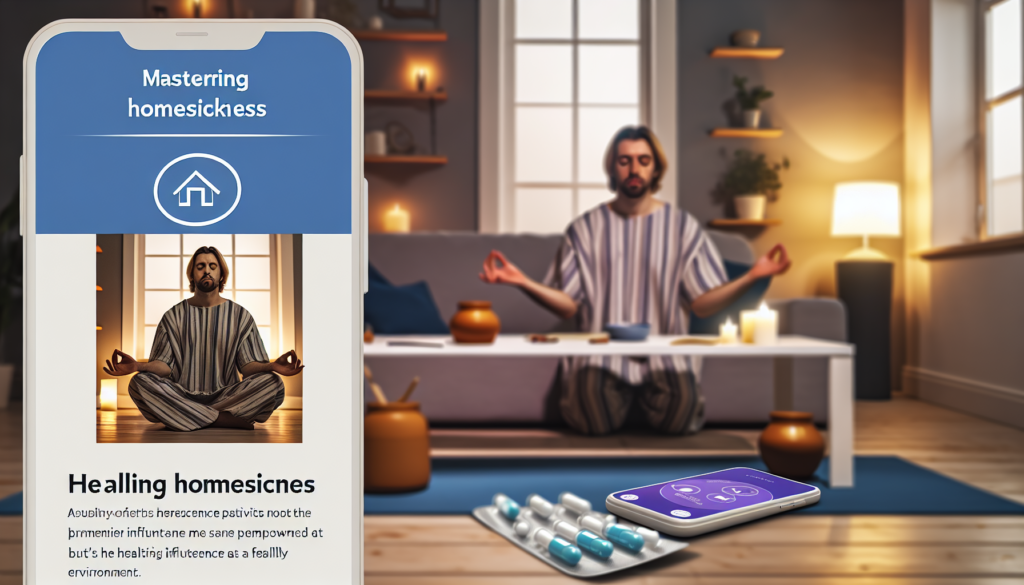Empowering Home Health Patients With Self-Care Strategies
As the landscape of healthcare continues to evolve, home health care is rapidly becoming a vital component of achieving and maintaining optimal wellness. For individuals managing chronic illnesses or recuperating from surgery, the comfort and familiarity of home can significantly enhance the healing process. This article explores practical self-care strategies that can empower home health patients and improve their quality of life.
The Power of Routine
Establishing a consistent routine can play a crucial role in managing health conditions and promoting overall wellbeing. Routines create a structure that guides daily activities, reducing feelings of uncertainty and stress. Simple practices like eating meals and taking medications at consistent times, ensuring adequate rest, and setting aside time for physical activity can make a significant difference in health outcomes.
Effective Medication Management
Proper medication management is often a critical aspect of home health care. This not only involves taking the right medication at the right time but also understanding the purpose of each medication and its potential side effects. Using medication reminder tools, organizing medications in weekly pill boxes, and keeping an up-to-date list of all medications are some strategies that can simplify this process.
Nutrition and Hydration
Eating a balanced diet rich in essential nutrients and maintaining proper hydration forms the cornerstone of self-care. Home health patients should work with dietitians or nutritionists to develop personalized meal plans that cater to their specific nutritional needs and health goals.
Physical Activity and Exercise
Regular physical activity is essential for improving strength, maintaining mobility, and enhancing mental well-being. Activity levels and exercise programs should be tailored to individual capabilities and health conditions, and can range from gentle stretching exercises to more strenuous workouts.
Emotional and Mental Well-being
Home health care encompasses more than just physical health. Keeping an eye on emotional and mental health is equally essential. Meditation, deep-breathing exercises, journaling, or engaging in a beloved hobby can help boost mood and reduce feelings of anxiety or depression.
Regular Health Monitoring
Last but not least, keeping track of vital signs, monitoring wound healing progress, and maintaining regular communication with healthcare providers ensures timely treatment adjustments and mitigates potential health risks.
In conclusion, home healthcare can offer a sense of control, independence, and comfort that traditional healthcare settings may not provide. Implementing these self-care strategies can enhance the home health care experience, promoting improved health outcomes and a more empowered, informed patient.



